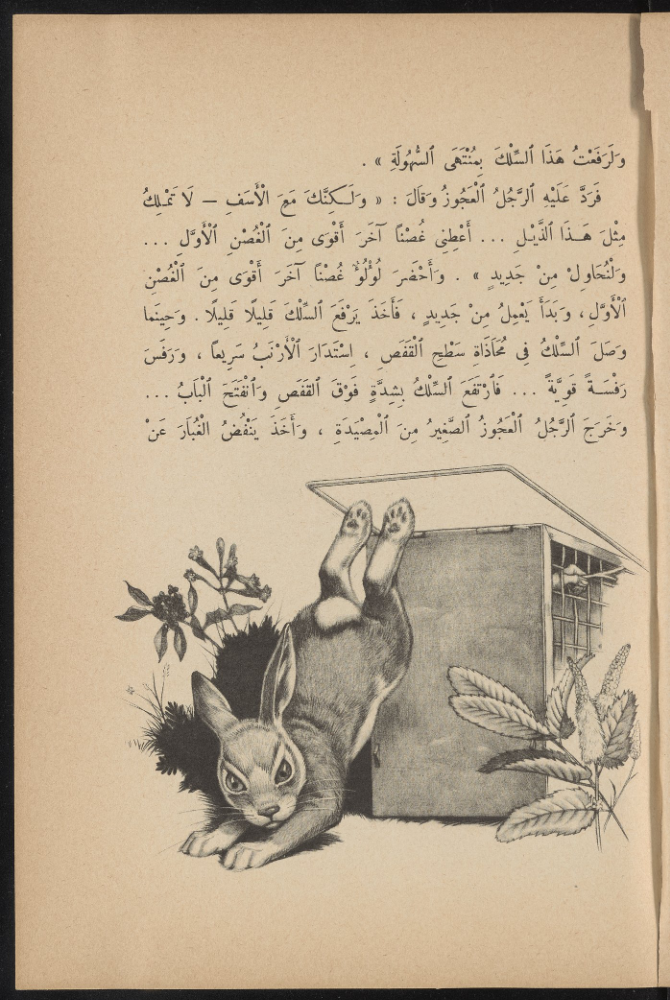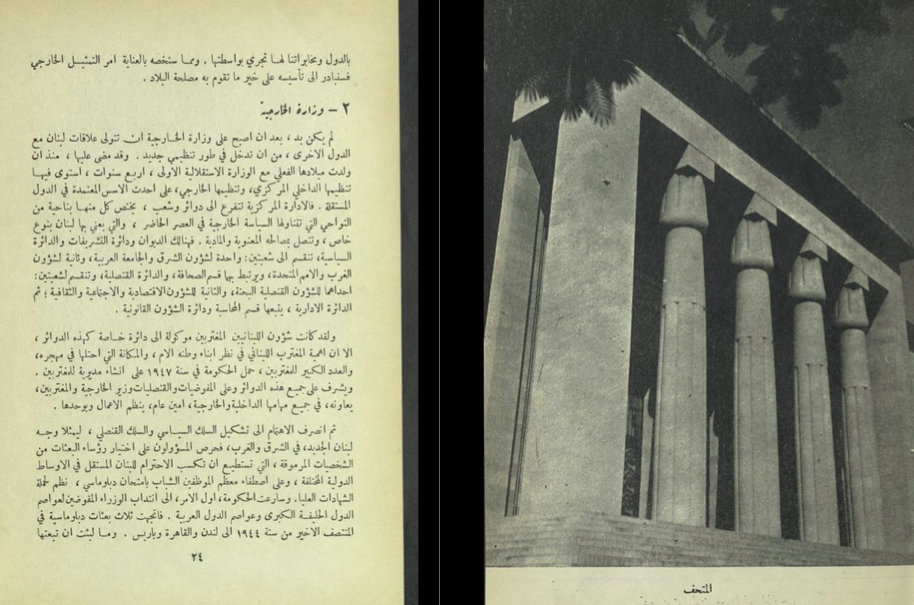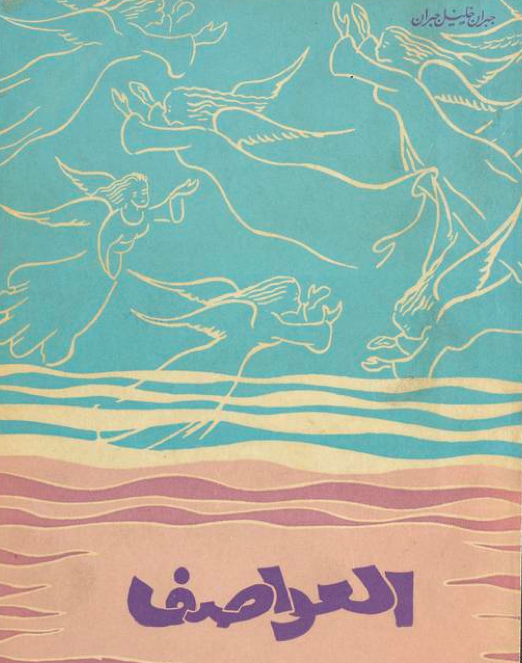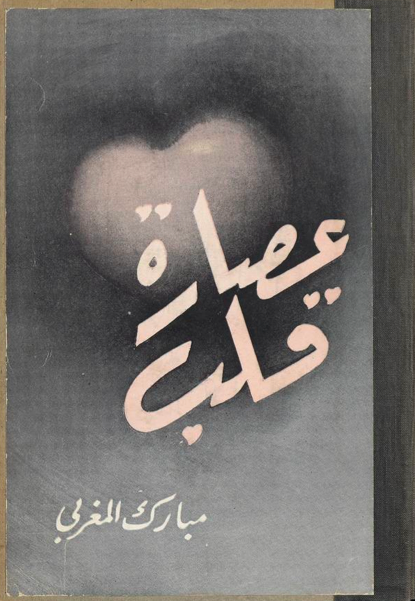
If you’ve considered learning a new language to open up a new realm of reading, you could do much worse than Arabic. Though its mastery may demand a considerable amount of time, it repays the investment as the language of not just a country but an entire region of the world, and a region with a deep textual history at that. Anyone interested in becoming a student of Arabic, casually or seriously, can get their start at our collection of Arabic lessons available free online, and when up to speed on reading might consider a visit to Arabic Collections Online (ACO), a digital library of Arabic-language texts now boasting 10,042 volumes across 6,265 subjects, all of them also available free online.

With a list of contributing partners including institutions in both America (New York University, Princeton, Cornell, Columbia) and the Middle East (the American University in Cairo, the American University of Beirut and United Arab Emirates National Archives) — and, as ArabLit notes, a $1.34 million grant received last August — ACO “aims to digitize, preserve, and provide free open access to a wide variety of Arabic language books in subjects such as literature, philosophy, law, religion, and more.”
This mission addresses not just a lack of widely available Arabic texts on the web, but the condition of much of the material digitized, as “many older Arabic books are out-of-print, in fragile condition, and are otherwise rare materials that are in danger of being lost.”

Though clearly an ever more valuable resource for students of Arabic, ACO has much more to offer those already acquainted with the joys of the language. ArabLit specifically points out two of its featured Egyptian titles this month, Tawfiq al-Hakim’s Return of the Spirit (عودة الروح), which English translator William Maynard Hutchins describes as “a gloriously Romantic tribute to the solidarity of the Egyptian people of all classes and religions and to their good taste and excellent sense of humor,” andColors (ألوان) by Taha Hussein, one of the country’s most influential intellectuals of the 20th century. But the full scope of Arabic-language literature, as the already vast holdings of Arabic Collections Online reveals, extends beyond Egypt, and far indeed beyond the past couple of centuries. To those about to explore it,bil-tawfiq.

Related Content:
How Arabic Translators Helped Preserve Greek Philosophy … and the Classical Tradition
A Map Showing How Much Time It Takes to Learn Foreign Languages: From Easiest to Hardest
Based in Seoul, Colin Marshall writes and broadcasts on cities, language, and culture. His projects include the book The Stateless City: a Walk through 21st-Century Los Angeles and the video series The City in Cinema. Follow him on Twitter at @colinmarshall or on Facebook.


To learn Arabic write and read.
I need bubyatul muslimiina translate in Arabic word
aoa send me oldest books in arabic and urdu
I am like this page
Need some Arabic book written by Ahlu- sunna scholars to b downloaded at PDF for free
i need arabic books
Need arabic novels
Assignment of Arabic language and litaratur
iam like to become a leaner of this school
Ineed hingaad quran
I’d like to access arabic language for translation from English to Arabic vice versa,the eight part of speech and its explanation and of coiurse arabic literature such as stories of prophets, everything if possible.
I wan to learn Arabic and I want speak fluently
Iwant to have books of Arabic by radio
I need English version of Arabic By Radio books 1–3
I like to speak Arabic language .as it has been a language of Islam.
If there is any Muslim who wants to learn English .then he should also learn as much as Arabic language .
As Muslims are identified by God.
I like both languages
hi,how work?
Assalamu alikum
I need arabic books to read and learn from it
I would like to know how this site can help us learn the eloquence and beauty of the Arabic lingo both archaic and modern styles…
I would like to read text books on access to quranic arabic
I am in advanced level of Arabic language,I need to improve on communication and fluency.Which can as well be improved through reading.
Please I want all Arabic by radio books with English translation to help me learn Arabic
Need basic books for learning Arabic taqreers(speeches).Please if some one can help.
I want to learn Arabic
I WANT A BOOK BY ABDUR RAHIM
I need a book which is authentic
I want a set of books GATEWAY TO ARABIC LEARNING FROM THE BEGINNING BOOKS 1_‑9 by DR.Imran Hamza Alawiye Including Audio & Videos with English Translation.
I want to learn Arabic
I need a copy each of Dr Imran Hamza Alawiye :Gateway Books to Arabic Learning forma Beginners- Books1‑7. Inshaa Allah, I will alzó like to hace Dr Imran’s telephone number un Nigeria. Thank you.
Salaamu’alaykum warahmatullāhi wabarakātuh. I composed a kitaab, titled “Al-bidaayah fee ‘ilmi Tajweed”, which had been endorsed, assigned and recommended by arabic scholars from different fields of Islamic knowledge. Due to lack of financial aid, we couldn’t launch the book. But I need help on how it could be published online as pdf format for the public to have access to it.
I NEED A SET OF BOOK GATEWAY TO ARABIC LEARNING FOR BEGINNERS BY DR IMRAN ALAWIYE BOOKS 1 TO 9
Where can I get it in Nigeria ?
I want to learn Arabic
Need Arabic book which exhibits political terminologies. A book on intikhabat
إعراب شواهد جامع الدروس العربيه i must need this book pdf please send me in my email
I wanna register and be part of this laudable effort to learn and speak Arabic fluently through the books
I would like to be able to read understand and write in the Arabic language..I understand this is an online facility to get to read books in the Arabic language. I would like to do so.
Please inform me as to what I have to do to be able to do that.
Awaiting your response.
Thank You
If you say duplicate is detected are you saying that you shall not be taking any action on my request?
assalamu alaikum.
Im realy like to learning arabic language
I want to learn Arabic language.
Thanks.
I want Arabic kutub
Because ilike reading of Arabic books
I like reading
Read quraan with understanding the meaining( tafseer)
Please I need it seriously
Needs books on how to read and learn Quran
Algazali book in English
I want to learn arabic by reading
I need electronic text books for beginners of arabic language translated by English language
Padhna hai